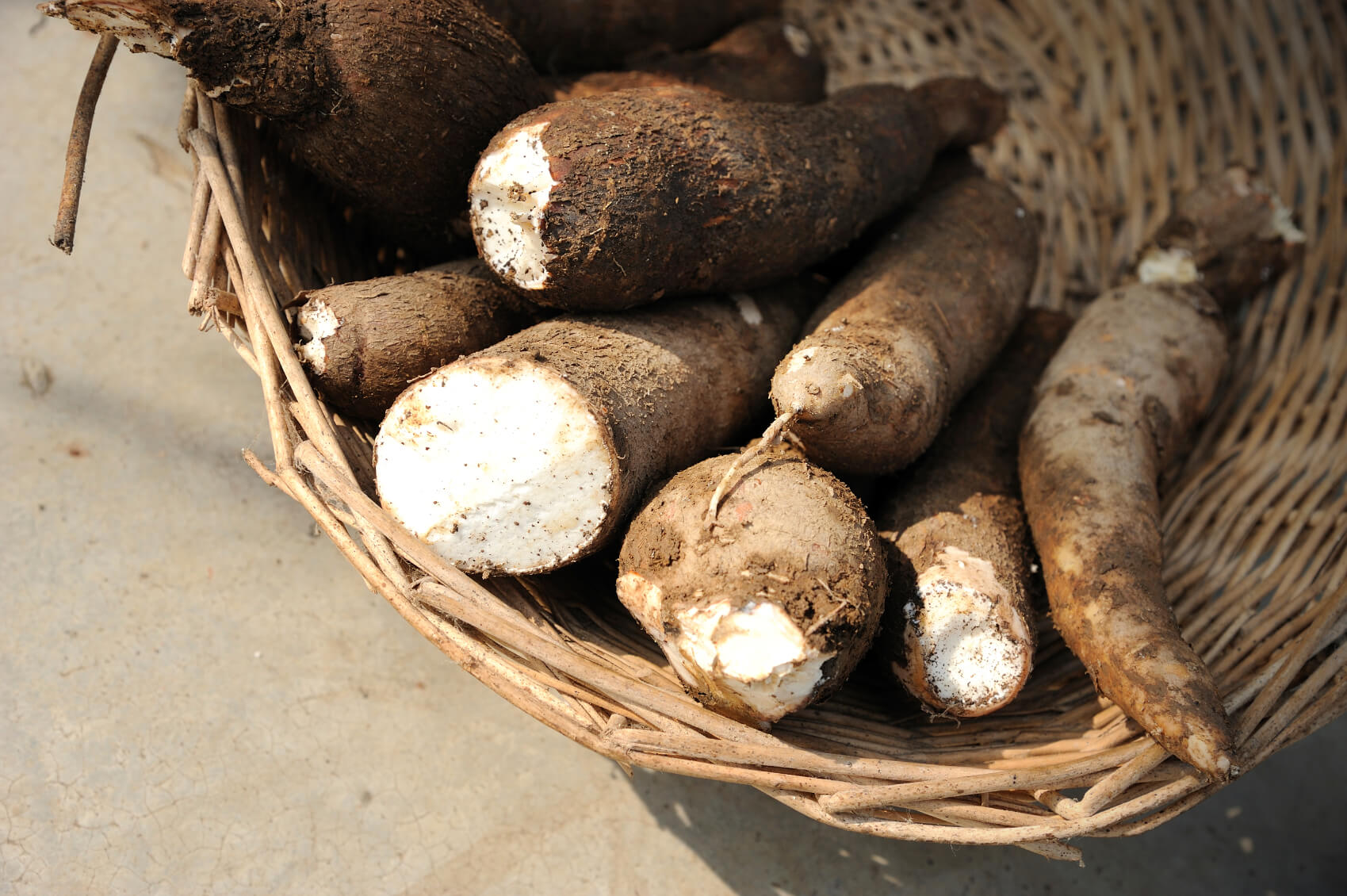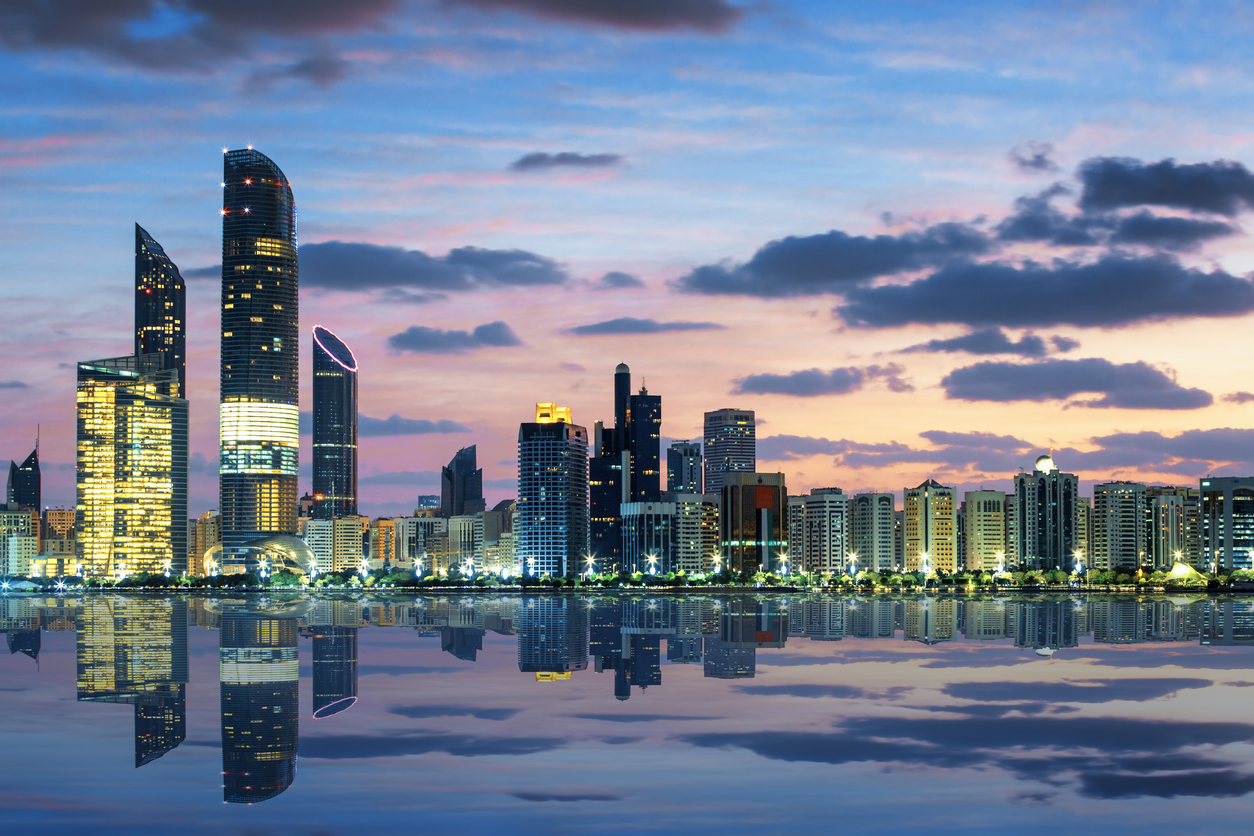The Best Way to Buy and Export Cassava From Jamaica
The Best Way to Buy and Export Cassava From Jamaica
Who doesn’t love sweet potatoes? But in Jamaica, cassava is king. In fact, it’s the most important staple crop and accounts for about 40% of the total agricultural output of the island. With that in mind, it makes sense to think about buying and exporting cassava from Jamaica. After all, demand for this tuber is increasing across the globe, especially in developing markets. According to a report from Business Monitor International, the global market for cassava will continue growing at a steady rate through 2021 thanks to its numerous applications in food products, juices, starch flour and biofuel production. The following are some pros and cons of investing in buying and exporting cassava from Jamaica as a side business idea:
The Good Stuff About Buying and Exporting Cassava From Jamaica
Cassava is a tropical plant that’s native to South America. The plant can be grown in a variety of soil types, and it can be harvested year-round. The roots are used to make tapioca, which is a staple food for millions of people around the world. It’s also used to make starch and ethanol, which can be used as a fuel alternative in vehicles. The leaves of the cassava plant can be used for animal feed. The roots of the cassava plant can be used as a fertilizer. Cassava is drought-resistant and requires very little fertilizer or water to grow. It can also be planted fairly quickly, making it an excellent crop for people who are growing food as a side business idea while they are working at another job. Cassava is grown in many tropical countries around the world. Cassava is a food that is high in nutritional content, which makes it a good option for people who are looking to increase their daily intake of vitamins, minerals and protein.
The Bad Stuff About Buying and Exporting Cassava From Jamaica
Cassava is a very starchy root crop, so it has a high glycemic index. This means that it can cause a rapid rise in blood sugar levels. This has led many experts to recommend that people with diabetes limit their intake of cassava. In addition, people who are trying to lose weight or prevent weight gain might also want to avoid cassava. The high starch content of cassava also means that people who consume it on a regular basis might experience digestive problems, such as gas, bloating and cramping. In addition, cassava must be cooked properly in order to avoid the growth of toxic compounds in it. If it is not cooked properly, it can lead to neurological issues, muscle paralysis and even death.
How to Find and Buy Cassava From Jamaica
When you start looking into buying cassava from Jamaica, you’ll discover that there are different varieties grown in the country. One of the most common types is the Caribbean Improved (Caribbean No. 18) (CIP). This variety is grown across the Caribbean and Central America, and it’s the type that is most often exported. The best time to visit a cassava farm in Jamaica is from August to October, when the harvest takes place. You can also find a lot of information about exporting cassava from Jamaica during this time.
How to Export Cassava From Jamaica
Before you can export cassava from Jamaica, you have to make sure it meets the requirements for export of the Caribbean. The following factors need to be considered: These factors will help you make sure your product is safe to eat and ready to be shipped. Once you’ve ensured that your product meets all of these standards, you can begin to set up your export business. Once you’ve gotten everything set up and are ready to begin exporting, you may want to consider hiring a company to help you with logistics and freighting. If you don’t have the resources to handle international shipping, hiring a company to handle the logistics for you can make everything go much more smoothly.
Final Words
Once you’ve got your product ready for shipping, you may want to look into shipping insurance. One of the most important things to remember about shipping products internationally is that you have to be extremely careful with your documentation. If you don’t follow the rules for exporting products from Jamaica, your product could be rejected at the border upon arrival. It’s crucial to be prepared before you begin exporting any products to make sure everything goes smoothly.








LEAVE A COMMENT
You must be logged in to post a comment.